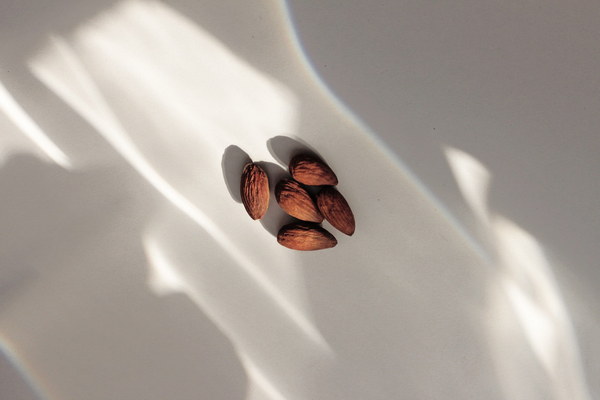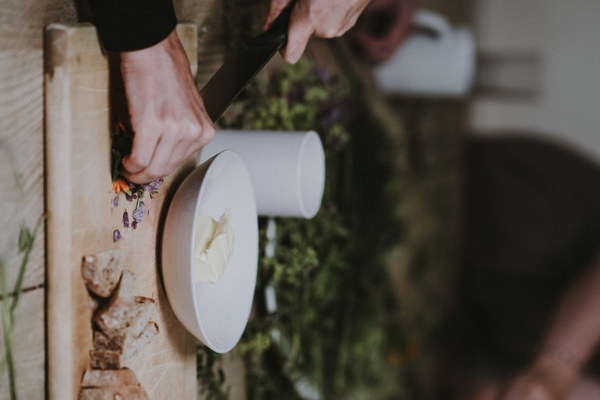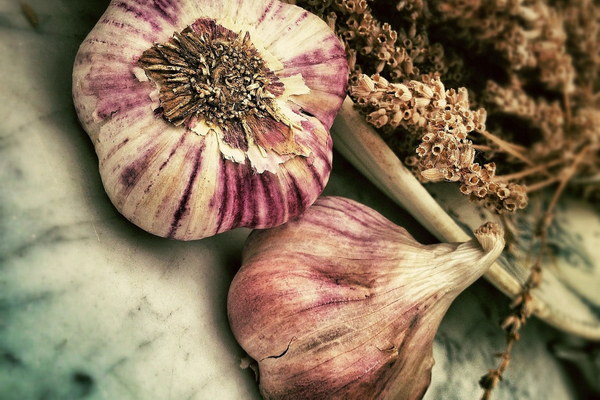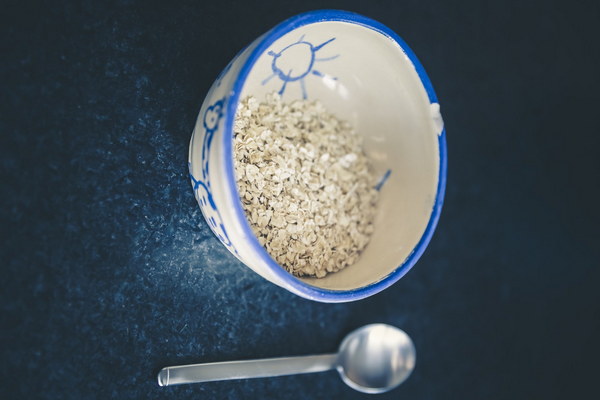Soothe Your Mind with Relaxing Herbal Teas for Improved Sleep
In today's fast-paced world, finding a moment of tranquility and achieving a good night's sleep can feel like a distant dream. However, the answer to a peaceful night's rest may just be a cup of herbal tea away. Herbal teas have been used for centuries to promote relaxation and improve sleep quality. This article explores the benefits of herbal teas that can help you unwind and drift off into a restful slumber.
The Science Behind Herbal Teas for Sleep
Herbal teas contain natural compounds that can affect the body's chemistry and promote relaxation. Many of these teas have been shown to increase the production of melatonin, a hormone that regulates sleep, or to act as mild sedatives that calm the nervous system. Here's a look at some popular herbal teas and their benefits:
1. Lavender Tea
Lavender tea is renowned for its calming scent and sedative properties. It contains compounds that can reduce anxiety, lower stress levels, and improve sleep quality. Simply steeping a few lavender flowers in hot water can create a soothing bedtime ritual that helps you unwind.
2. Valerian Tea
Valerian root is a well-known natural sleep aid. It has been used traditionally to treat insomnia and anxiety. The active ingredients in valerian root interact with the neurotransmitters in the brain, creating a calming effect and promoting sleep.
3. Chamomile Tea
This popular herbal tea has been used for centuries to treat various ailments, including insomnia. Chamomile contains apigenin, a compound that binds to the same receptors in the brain as benzodiazepines, a class of drugs commonly prescribed for anxiety and sleep disorders.
4. Passionflower Tea
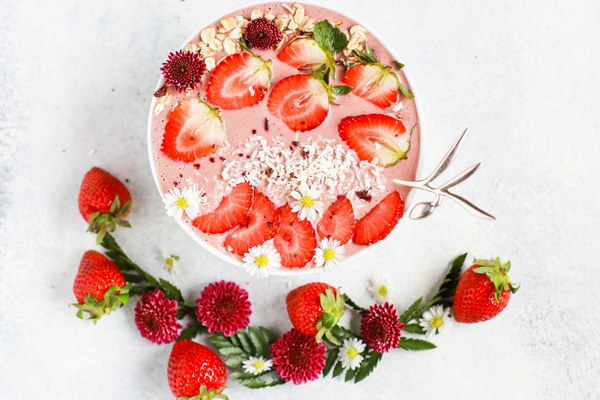
Passionflower is another herb that has been shown to reduce anxiety and improve sleep quality. It's thought to work by enhancing the effects of gamma-aminobutyric acid (GABA), a neurotransmitter that helps calm the brain and nervous system.
5. Hops Tea
Hops are a key ingredient in beer, but they also have relaxing properties that can help you sleep. The hop cones contain compounds that act as sedatives, helping to ease anxiety and induce drowsiness.
How to Incorporate Herbal Teas into Your Sleep Routine
To make the most of herbal teas for improved sleep, follow these tips:
- Start Early: Begin drinking your chosen herbal tea a few hours before bedtime to allow the calming effects to take hold.
- Create a Ritual: Develop a bedtime routine that includes sipping on your herbal tea, such as reading a book or taking a warm bath, to signal to your body that it's time to wind down.
- Avoid Caffeine: Ensure that your tea is caffeine-free, as caffeine can interfere with sleep. Herbal teas are a great alternative to traditional black or green teas.
- Quality Over Quantity: Use high-quality, organic herbs when possible, as they may be more potent and free of pesticides and other harmful chemicals.
Conclusion
Herbal teas offer a natural and gentle way to improve sleep quality and promote relaxation. By incorporating these soothing beverages into your bedtime routine, you may find that you're able to drift off to sleep more easily and enjoy a more restful night. Remember, the key to a good night's rest is consistency and patience, so give yourself time to adjust to your new tea habit and enjoy the benefits of a rejuvenating sleep.
